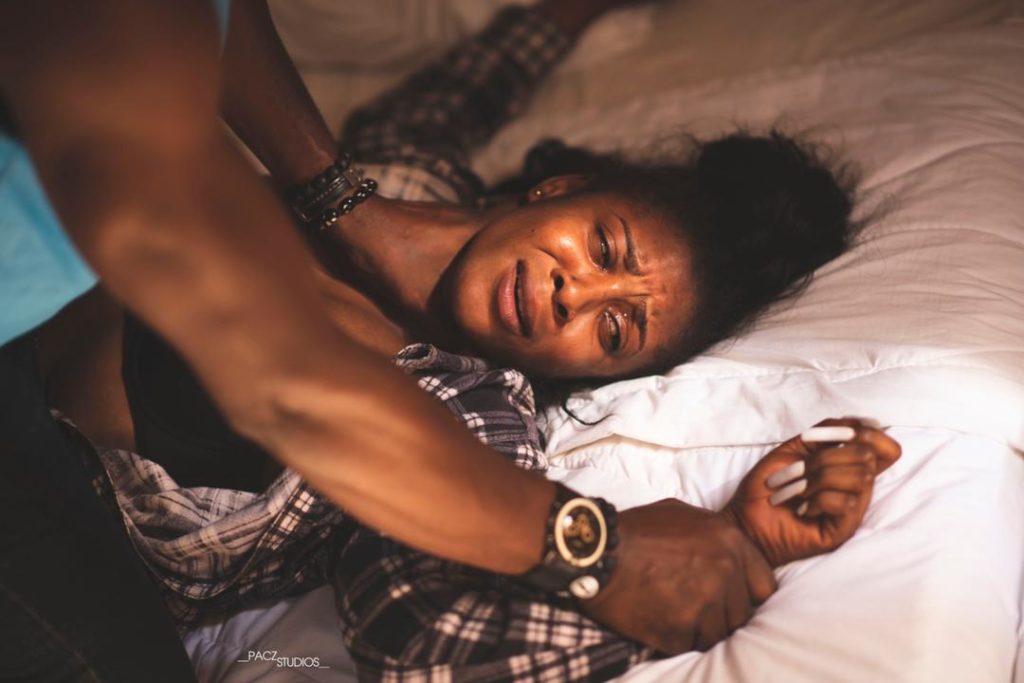Across Nigeria, countless women endure the horrors of domestic violence, seeking refuge in a legal system riddled with loopholes.
The Violence Against Persons Prohibition (VAPP) Act, enacted in 2015 to address gender-based violence, remains ineffective due to Nigeria’s federal structure, which requires all 36 states to individually adopt the law.
To date, 33 states have domesticated the VAPP Act, while Rivers and Taraba await their governors’ assent, and Kano State has yet to pass it. This fragmented implementation leaves many women without adequate legal protection.
Even in states where the VAPP Act is in effect, enforcement remains weak. Between 2020 and 2024, the National Agency for the Prohibition of Trafficking in Persons (NAPTIP) recorded 1,767 cases of sexual and gender-based violence (SGBV), yet only 362 convictions were secured.
Lagos State, with 24,009 reported GBV cases between 2019 and 2023, has only two convictions in NAPTIP’s records. These numbers expose systemic flaws in the judicial system, where legal provisions exist but fail to protect victims effectively.
“As a lawyer, it’s distressing to witness the disconnect between the law and its practice. Survivors recount their trauma with courage, yet the system fails them due to evidentiary obstacles and procedural delays,” said Chioma Nwalima, a human rights attorney.
In Lagos State, an estimated 70% of domestic violence survivors lack the evidence required to support their allegations. The absence of medical documentation often leads to cases being dismissed, forcing survivors to remain in abusive environments.
For cases of sexual violence, delayed reporting further weakens legal proceedings. Many victims struggle to access medical examinations or forensic evidence, and without these, their cases are often dismissed.
“I reported my husband’s abuse, but without medical reports or witnesses, the authorities said there wasn’t enough proof. I felt helpless, as if my pain wasn’t real,” said Ngozi Ayanwu, a survivor.
The culture of silence
Beyond legal barriers, societal attitudes toward domestic violence compound the problem. Many survivors face immense pressure to remain silent, fearing social stigma or retaliation. Domestic violence is often perceived as a private family issue, discouraging women from seeking justice.
Additionally, law enforcement officers frequently mishandle cases, prioritizing reconciliation over prosecution. Survivors, discouraged by dismissive responses from authorities, hesitate to report abuse. This underreporting distorts official statistics and masks the true extent of domestic violence in Nigeria.
Legal practitioners and women’s rights groups are demanding urgent reforms. In Lagos State, stakeholders have called for a review of the 2007 Protection Against Domestic Violence Law, arguing that it fails to address emerging realities of gender-based violence.
A stronger legal framework is needed to broaden definitions of abuse, enforce stricter punitive measures, and enhance survivor protections.
“The laws we have are outdated and inadequate. We need legislation that reflects modern realities and offers realistic aid and protection to survivors,” said Nwalima.
A growing crisis
The urgency for reform is further underscored by the alarming rise in femicide. In 2025 alone, nearly two dozen women have been murdered due to gender-based violence—a staggering 240% increase from the previous year. Activists attribute this rise to weak laws and poor enforcement, calling for a state of emergency to combat the crisis.
Without strict legal consequences, perpetrators continue their abuse with impunity. Until laws are strengthened and properly enforced, women will remain vulnerable, trapped in cycles of violence. “For meaningful change, Nigeria must ensure the nationwide adoption and implementation of the VAPP Act,” Nwalima emphasized.
The Way Forward
A harmonised legal framework across Nigeria would close jurisdictional gaps and provide equal protection for all survivors. Evidence-gathering procedures must be improved to help survivors build strong cases.
The government, in collaboration with NGOs, should expand access to forensic medical examinations, secure physical evidence storage, and provide legal assistance to guide victims through the judicial process.
Public awareness campaigns are also crucial in shifting societal attitudes. Outreach programs and community education can help dismantle entrenched beliefs that perpetuate domestic violence. Additionally, training police officers and judicial officials to handle cases with sensitivity and urgency is vital to ensuring justice for survivors.
The path to justice for Nigerian victims of domestic violence is fraught with obstacles—legal loopholes, evidentiary challenges, and cultural attitudes all contribute to a system that leaves many women unprotected.
Without widespread legal reform and a grassroots shift in perception, domestic violence will persist. However, with stronger laws, rigorous enforcement, and increased awareness, Nigeria can move toward a future where all women live without fear.
In Nigeria, many women suffer from domestic violence, but the legal system often fails them. The 2015 Violence Against Persons Prohibition (VAPP) Act was established to combat gender-based violence, yet its effectiveness is hindered by Nigeria's requirement for individual states to adopt it. Out of 36 states, only 33 have implemented the Act, leaving others without full legal protection. Even in states where it is enforced, there are significant hurdles, such as weak enforcement, lack of evidence, and inadequate legal support. Between 2020 and 2024, of 1,767 cases of sexual and gender-based violence, only 362 resulted in convictions, highlighting systemic failures.
The cultural stigma around domestic violence further complicates matters, as many survivors face pressure to remain silent. Law enforcement's prioritization of reconciliation over prosecution and mishandling of cases adds to the issue. Legal practitioners call for reforms to provide stronger survivor protections and address the growing problem of femicide, which saw a 240% increase in murders related to gender-based violence in 2025.
A unified legal framework is essential to closing jurisdictional gaps and offering uniform protection. Improved evidence-gathering procedures, expanded access to forensic medical examinations, and public awareness campaigns are needed. Training police and judicial officials to handle cases sensitively is crucial, along with changing societal attitudes towards domestic violence. Without comprehensive reforms and shifts in perception, the cycle of violence will continue, but with concerted efforts, a safer future for Nigerian women is possible.






